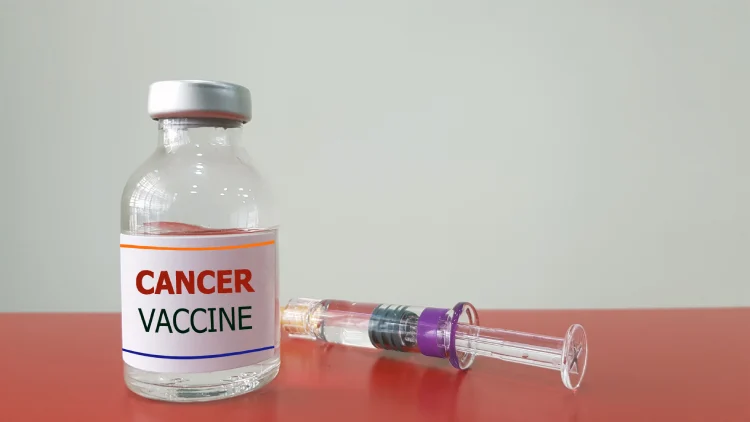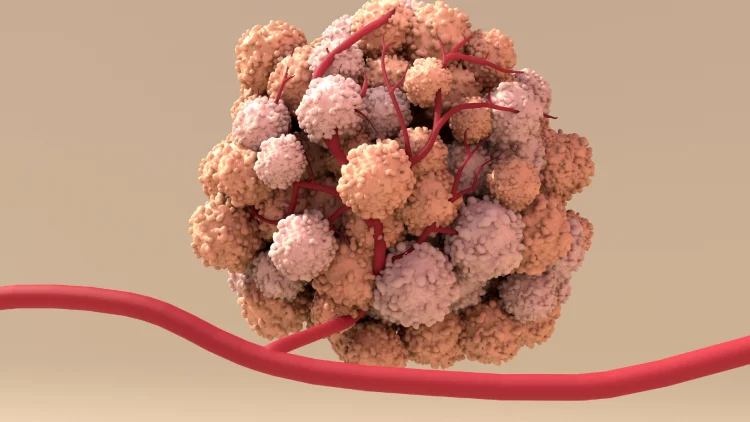Universal Cancer Vaccine Shows Promise in Boosting Immunotherapy Response
A New Mrna Vaccine May Help the Immune System Fight Multiple Types of Cancer

A new universal cancer vaccine based on mRNA technology has shown strong potential in making immunotherapy more effective across different tumor types, according to recent preclinical studies in mice. Researchers found that the vaccine works not by targeting a specific cancer protein, but by activating the immune system in a general way, triggering a powerful anti-tumor response.
A General Immune Boost Instead of a Specific Target

Most cancer immunotherapies rely on identifying and attacking neoepitopes—proteins that arise from mutations specific to a patient’s tumor. This approach works best in cancers with high mutation loads, such as melanoma, but has limited success in tumors with low mutational burden. A study published in Nature Biomedical Engineering and conducted by scientists at the University of Florida challenges that model.
In their experiments, researchers used an experimental mRNA vaccine delivered via lipid nanoparticles, similar to the technology used in COVID-19 vaccines. But instead of encoding a viral protein, this vaccine instructs the immune system to produce proteins that activate an immune response.
One of these proteins, PD-L1, is commonly found on cancer cells and helps them evade immune detection. By artificially inducing PD-L1 expression in tumors, the vaccine made the cancer cells more visible to the immune system, improving the effects of immune checkpoint inhibitors.
Making Resistant Tumors Respond to Treatment
In mouse models of melanoma, the mRNA vaccine cleared drug-resistant tumors and triggered “antigenic spreading”—a process where the immune system begins to recognize and attack multiple tumor-related antigens. In some cases, the vaccine worked even without additional treatments. It was also tested in models of brain, skin, and bone cancers with similarly promising results.
Researchers demonstrated that tumors resistant to checkpoint inhibitors lacked these early immune signals, but became sensitive when treated with RNA-loaded lipid particles that boosted interferon activity. This led to a broader immune reaction, enabling previously unresponsive tumors to respond to immunotherapy.
Together, these results highlight a new paradigm in cancer treatment: instead of customizing a vaccine to match each patient’s unique tumor profile, it may be possible to create a general-purpose vaccine that teaches the immune system to react aggressively to cancer, regardless of the tumor’s specifics.
Laying the Groundwork for an Off-the-Shelf Cancer Vaccine
Dr. Elias Sayour, a pediatric oncologist at the University of Florida and lead investigator on the study, described the results as “a proof of concept” that such a vaccine could eventually become an off-the-shelf solution. Co-author Dr. Duane Mitchell added that this approach may pave the way for more accessible and broadly applicable cancer treatments.
While these findings are based on animal studies, they offer a strong foundation for clinical research. If the vaccine proves effective in humans, it could significantly improve cancer immunotherapy, especially for patients with tumors that previously showed little to no response.
The research not only expands the potential use of mRNA technology beyond infectious disease but also underscores the power of immune system priming. As development continues, a universal cancer vaccine may soon become a powerful tool in the fight against one of the world’s most complex diseases.
[Source]








